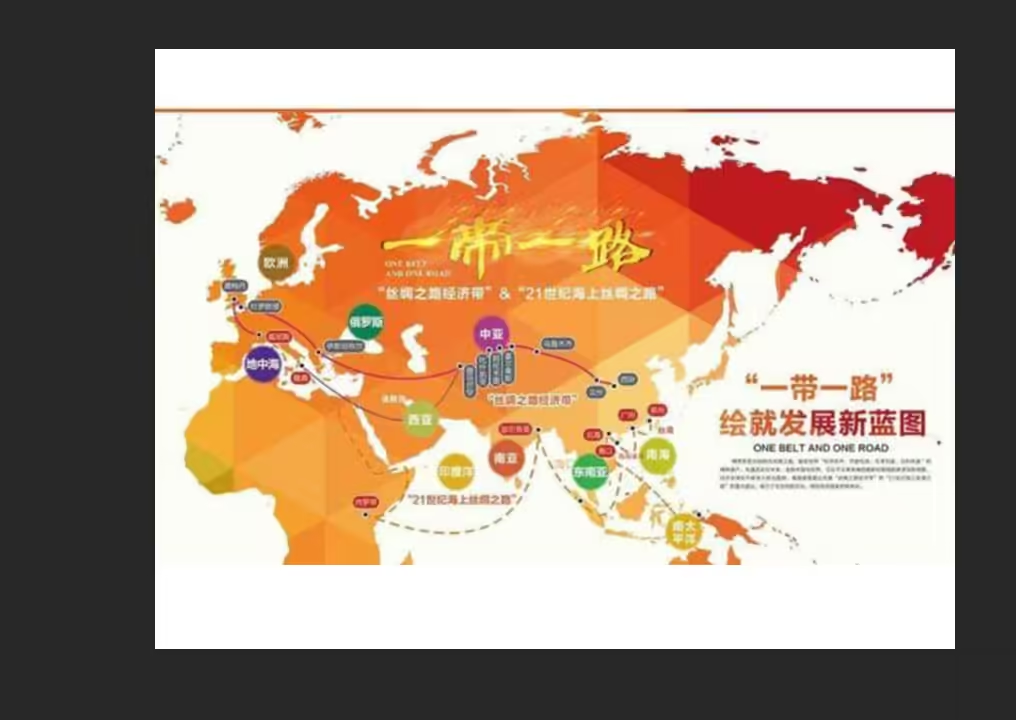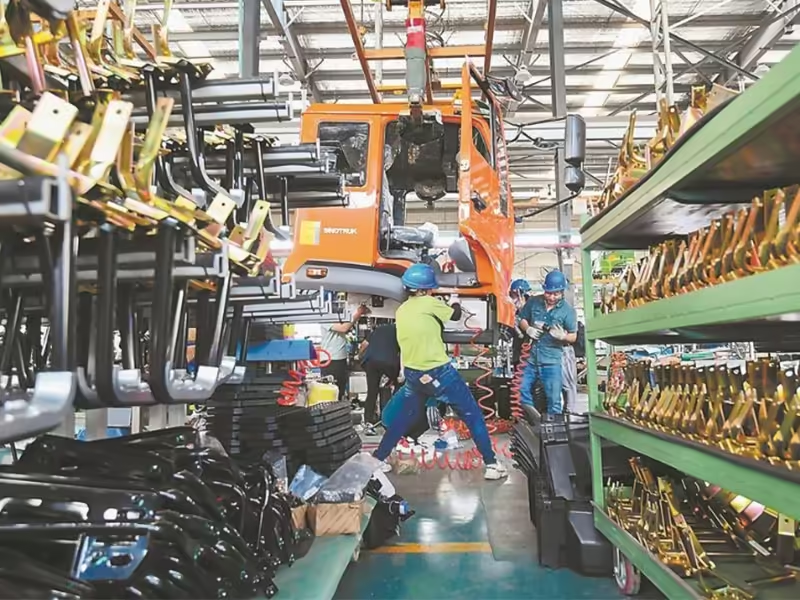At present, the implementation plan of the “the Belt and Road” construction between 31 provinces, autonomous regions and cities in China and the Xinjiang Production and Construction Corps has been basically completed and is being introduced in succession. According to the plan, various regions will promote key work and major cooperation projects in multiple fields.
All regions attach great importance to the supporting and driving role of major projects in the construction of the “the Belt and Road”, and a batch of major projects involving infrastructure construction, industrial investment, economic and trade cooperation, energy and resources cooperation, financial cooperation, people to people and cultural cooperation, ecological environment, and maritime cooperation have achieved early gains.
“As the core content of the” the Belt and Road Initiative “, infrastructure construction means that the construction industry will become the most direct beneficiary of this major policy dividend in the next decade.” A researcher from Zero2IPO Research Center said in an interview with reporters.
According to the data of Zero2IPO Research Center, the highly overlapping Asia Pacific region along the “the Belt and Road” region will become an important engine for the growth of the global construction industry. The compound growth rate is expected to reach 7.7%, and there is huge room for growth in the future. According to preliminary statistics, the “the Belt and Road” will involve about 900 projects in 64 countries, with an investment amount of more than 800 billion dollars.
Specifically, in terms of infrastructure construction: Fujian is solidly promoting the construction of Xiamen Southeast International Shipping Center; Chongqing, Sichuan, Xinjiang, Inner Mongolia, Henan, Hubei, Zhejiang and other places are orderly promoting the construction of China Europe freight trains.
In terms of industrial investment, Liaoning prioritizes the development of ten key equipment and construction standards, including advanced rail transit equipment and new material manufacturing equipment, to go global; Hubei, Gansu and other provinces are accelerating the pace of leading industrial enterprises going global, actively carrying out international production capacity cooperation, and establishing overseas production and processing bases.
In terms of economic and trade cooperation, Guangdong, Sichuan, Shaanxi, Ningxia, Qinghai, Xinjiang, Inner Mongolia and other regions have leveraged exhibition platforms such as the Canton Fair, High Tech Fair, Western China International Fair, and China Mongolia Expo to expand their economic and trade cooperation with countries along the Belt and Road.
In terms of energy and resource cooperation, Jiangsu actively promotes the priority implementation of energy planning projects such as the Ta’er Coalfield Industrial Park in the China Pakistan Economic Corridor. Tianjin actively develops resources from countries along the route according to local conditions, promotes energy mining projects such as Mongolian iron ore mining and selection, Kazakhstan oil and gas procurement, and Indonesia’s agricultural cooperation industrial zone.
In terms of financial cooperation: Shanghai will expand the functions of quotation, transaction and clearing in the Shanghai financial market trading system to countries and regions along the “the Belt and Road”. Chongqing holds a series of overseas investment promotion activities, establishes overseas M&A funds and overseas mining rights trading centers, and promotes cross-border investment and financing exchange facilitation.
In terms of cultural cooperation, Gansu has introduced domestic and foreign tourists to the “golden period” of tourism in the Silk Road Economic Belt through exhibition platforms such as the Dunhuang International Cultural Expo. Fujian holds the Silk Road International Film Festival and builds a Maritime Silk Road Cultural Exchange and Exhibition Center.
In terms of ecological environment, Yunnan promotes wetland protection and capacity building in the Greater Mekong Subregion; Guizhou successfully held the 2015 Guiyang International Forum on Ecological Civilization, where representatives from over 50 countries conducted forward-looking, trend oriented, and pragmatic discussions on major global and regional ecological issues.
In terms of maritime cooperation, progress has been made in the construction of the ocean transportation guarantee system, and the field of cooperation in the marine industry continues to expand.




